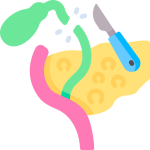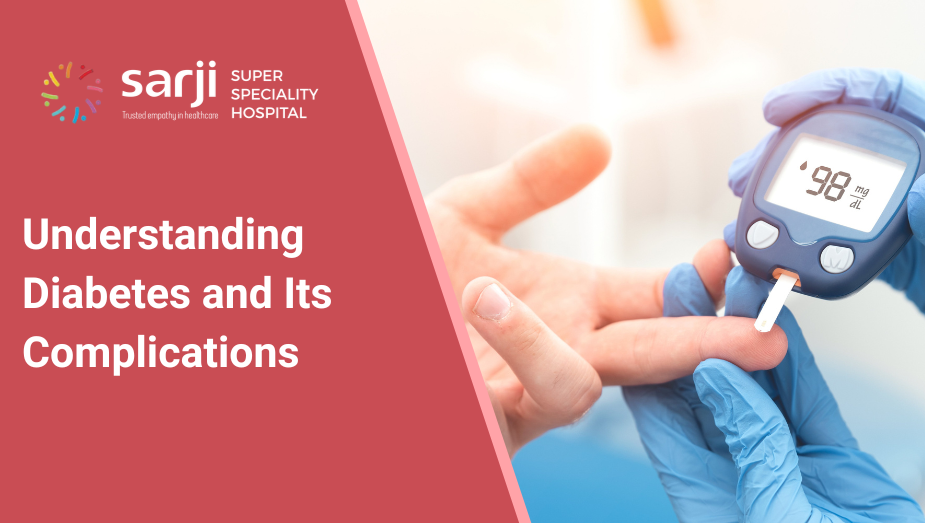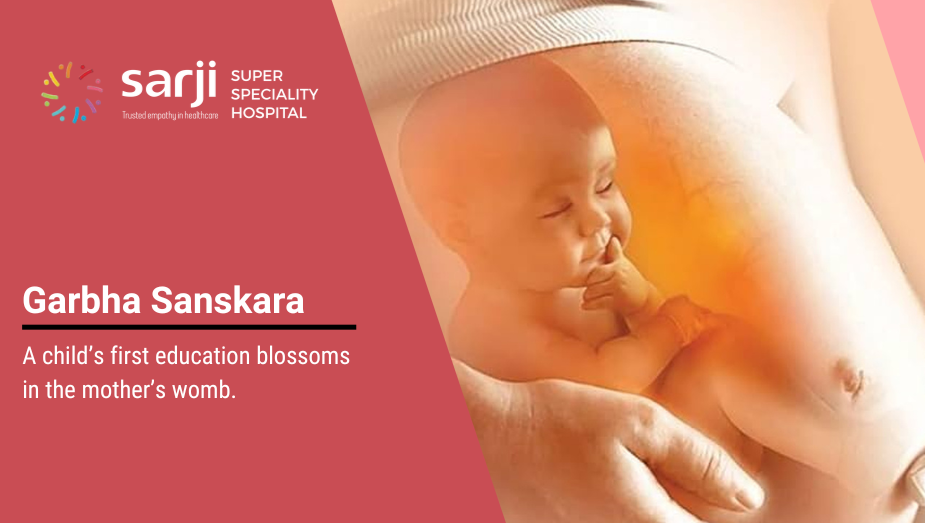A cholecystectomy is a surgery to remove the gallbladder. The gallbladder is a pear-shaped organ that sits just below the liver on the upper right side of the abdomen. The gallbladder collects and stores a digestive fluid made in the liver called bile.
A cholecystectomy is a common surgery. It is a safe operation and usually carries only a small risk of complications. In most people this surgery is done using small incisions, and you can go home the same day of your cholecystectomy.
A cholecystectomy is usually done by inserting a tiny video camera and special tools through several small incisions to see inside your abdomen and remove the gallbladder. This is called a laparoscopic cholecystectomy.
In some cases, one large incision may be used to remove the gallbladder. This is called an open cholecystectomy and requires a longer hospital stay and recovery.
A cholecystectomy is most often used to treat gallstones and the complications they cause.
Your health care team may recommend a cholecystectomy if you have:
- Gallstones in the gallbladder that are causing symptoms, called cholelithiasis.
- Gallstones in the bile duct, called choledocholithiasis.
- Gallbladder inflammation, called cholecystitis.
- Large gallbladder polyps, which can turn cancerous.
- Pancreas inflammation, called pancreatitis, from gallstones.
- Concern for cancer of the gallbladder.
How you prepare
Food and medicines
To prepare for a cholecystectomy, your surgeon may ask you to:
- Eat nothing the night before your surgery. You may drink a sip of water with your medicines, but avoid eating and drinking at least four hours before your surgery.
- Stop taking certain medicines and supplements. Tell your health care team about all the medicines and supplements you take. Continue taking most medicines as prescribed. Your team may ask you to stop taking certain medicines and supplements because they may increase your risk of bleeding.
What you can expect
Before the procedure
A cholecystectomy is performed using general anesthesia. This means you won't be awake during the procedure. Anesthesia medicines are given through a vein in your arm. Once the medicines take effect, your health care team will place a tube down your throat to help you breathe. Your surgeon then performs the cholecystectomy using either a laparoscopic or open procedure.
During the procedure
Depending on your situation, your surgeon will use one of two surgical approaches:
Laparoscopic cholecystectomy
During a laparoscopic cholecystectomy, the surgeon makes small incisions in your abdomen. A tube with a tiny video camera is placed in your abdomen through one of the incisions. Your surgeon watches a video monitor in the operating room while using tools inserted through the other incisions to remove your gallbladder.
If your surgeon is worried about possible gallstones or other problems in your bile duct, an imaging test may be used. This might include an X-ray or ultrasound. Then your incisions are closed, and you're taken to a recovery area. A laparoscopic cholecystectomy takes 1 to 2 hours.
A laparoscopic cholecystectomy isn't right for everyone. Sometimes your surgeon may begin with a laparoscopic approach and find it necessary to make a larger incision. This may be because of scar tissue from previous surgeries or complications.
Open cholecystectomy
During an open cholecystectomy, the surgeon makes a 6-inch, or 15-centimeter, incision in your abdomen below your ribs on your right side. The muscle and tissue are pulled back to reveal your liver and gallbladder. Your surgeon then removes the gallbladder.
The incision is closed, and you're taken to a recovery area. An open cholecystectomy takes 1 to 2 hours.
After the procedure
You'll be taken to a recovery area as the anesthesia wears off. Then you'll be taken to a hospital room to continue recovery. Recovery time depends on your procedure:
- Laparoscopic cholecystectomy. People are often able to go home the same day as their surgery. Sometimes a one-night stay in the hospital is needed. In general, you can expect to go home once you're able to eat and drink without pain and can walk without help. It takes about a week to fully recover.
- Open cholecystectomy. Expect to spend 2 to 3 days in the hospital recovering. Once at home, it may take 4 to 6 weeks to fully recover.
Results
A cholecystectomy can relieve the pain and discomfort of gallstones. Conservative treatments, such as a change in diet, usually can't stop gallstones from coming back. In most people, a cholecystectomy will prevent gallstones from returning.
Most people won't have digestive problems after a cholecystectomy. Your gallbladder isn't essential to healthy digestion. Some people may experience occasional loose stool after the procedure. This generally resolves over time. Discuss any changes in your bowel habits or new symptoms after surgery with your health care team.
How quickly you can return to usual activities after a cholecystectomy depends on which procedure your surgeon uses and your overall health. People having a laparoscopic cholecystectomy may be able to go back to work in 1 to 2 weeks. Those having an open cholecystectomy may need a few weeks to recover enough to return to work.







